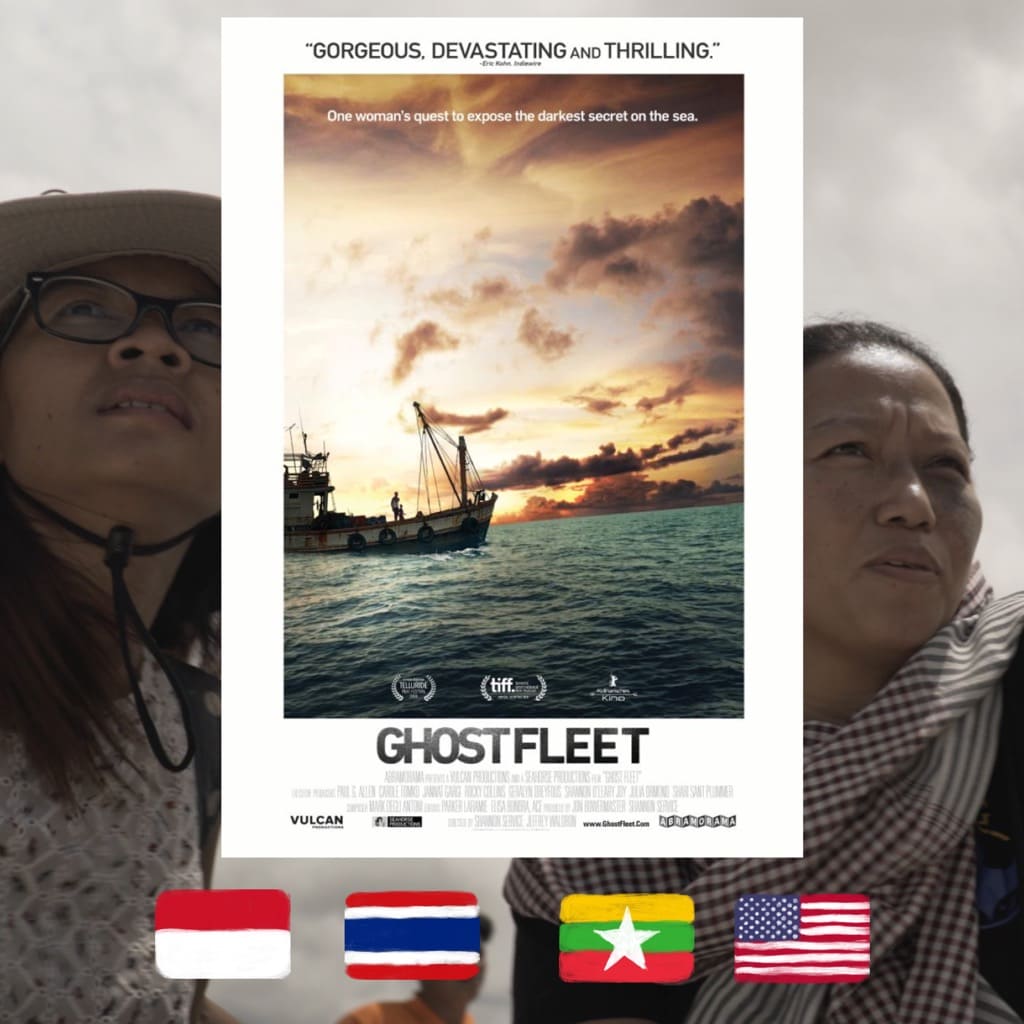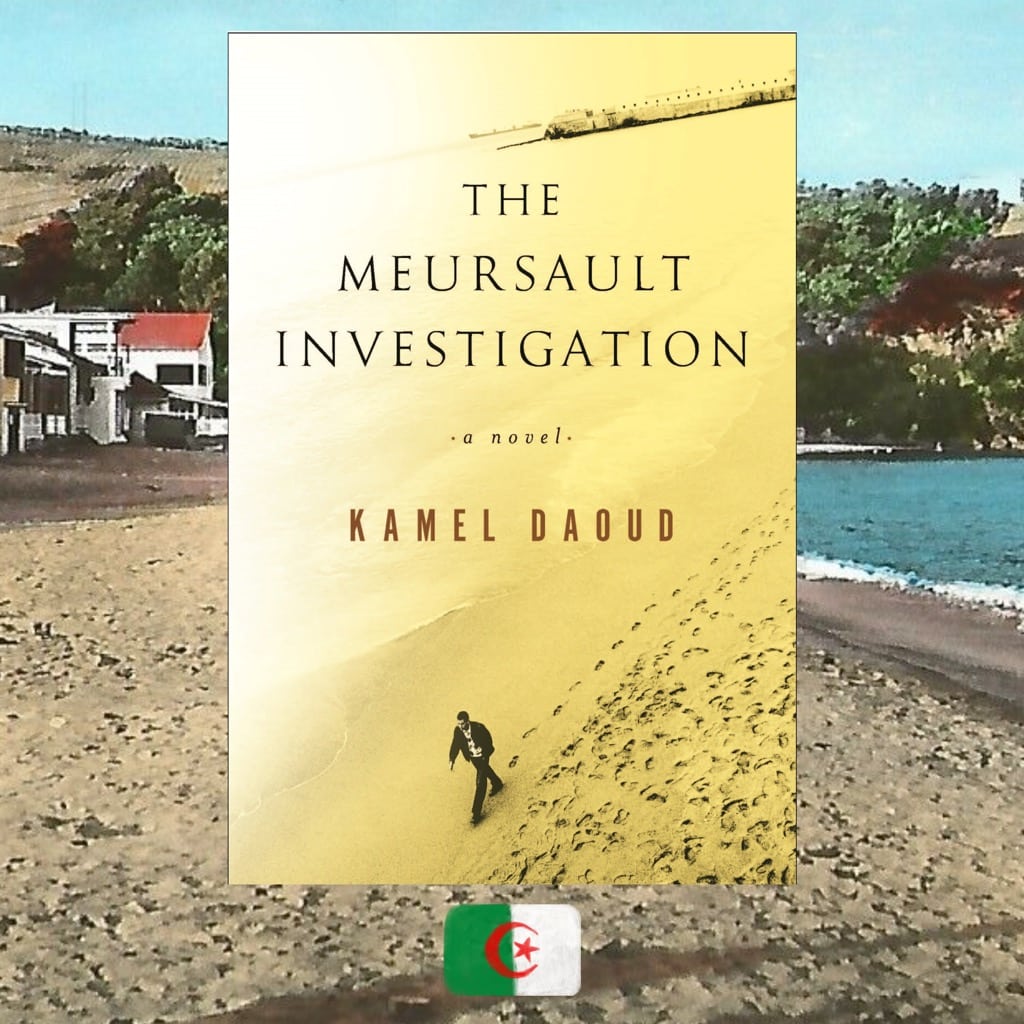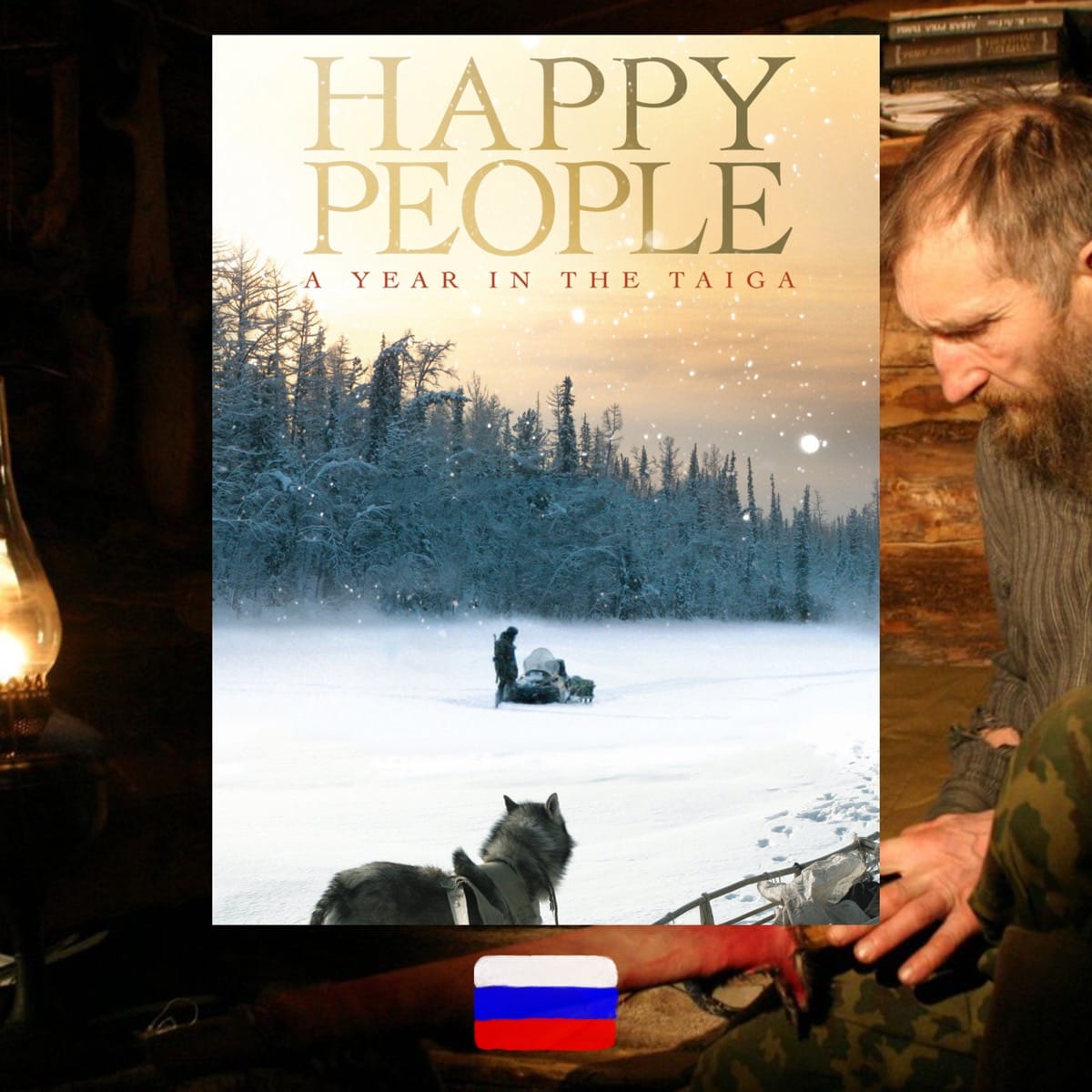Cambodian genocide as experienced by the members of one family in an animation based on the director’s mother’s memories of the Khmer Rouge—with voice acting from Louis Garrell and Bérénice Bejo
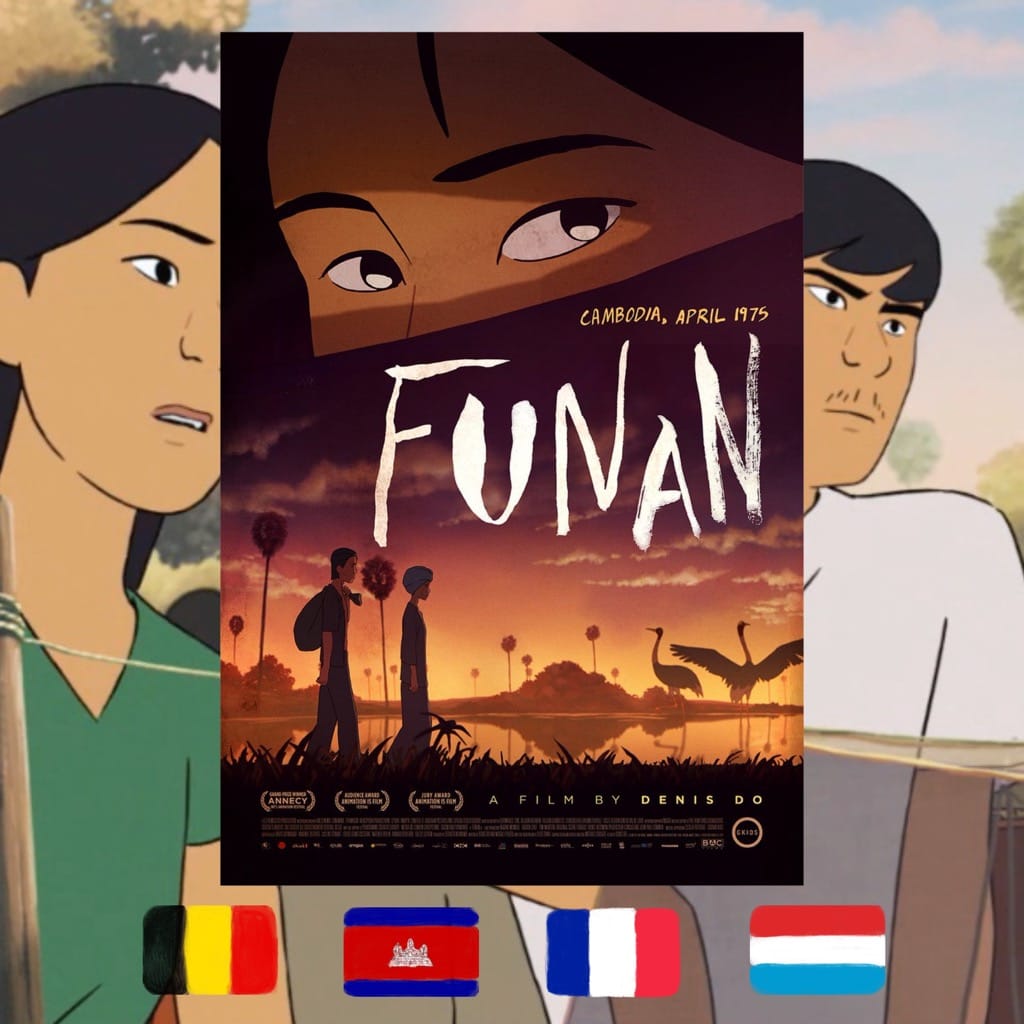

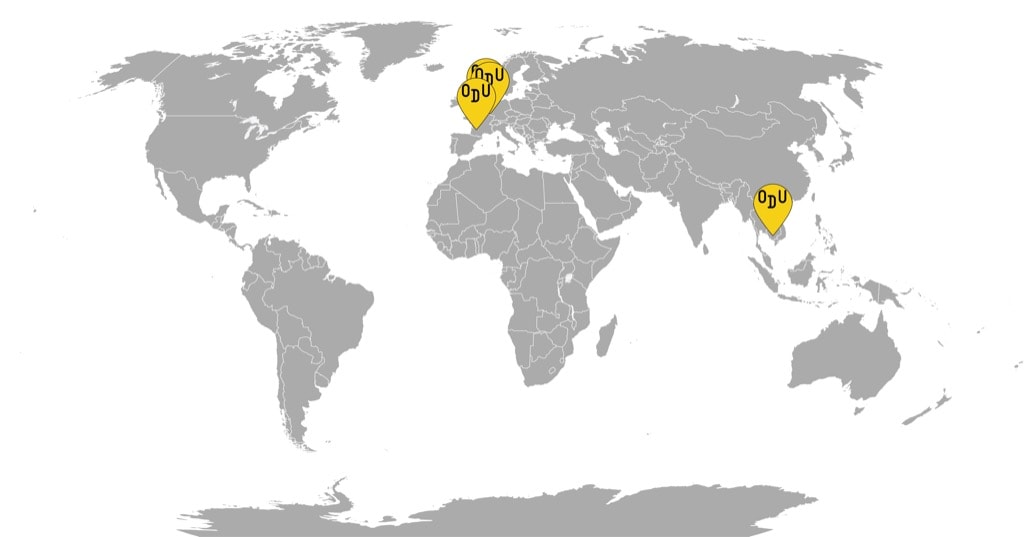
FROM CAMBODIA, BELGIUM, FRANCE, and LUXEMBOURG
WHAT IT’S ABOUT: It’s 1975 in Cambodia, and the Khmer Rouge revolution is turning the country upside down. Chou and her family, including her husband. Khoun, her small son Sovanh and her grandmother are evacuated from Phnom Penh and forced to join the march to the reeducation camps. On the way, Sovanh and the grandmother are separated from the rest, but Chou and Khoun are not allowed to look for them. The older woman and the little boy, and the rest of the family try to survive the harsh realities of the two separate camps, without any news about each other. As the hunger, the forced labor, the captivity, and the dehumanization of their existence eats away at the family, Chou does not give up the resolve to be reunited with her son.
WHO MADE IT: Denis Do is a French animator of Cambodian heritage, who had worked on some of the most prominent French animation franchises, like “Raving Rabbids” and “Titeuf.” “Funan” is his first film, which he based on the experiences of his own mother during the Khmer Rouge regime. He directed it singlehandedly and co-wrote the screenplay together with two emerging writers, Magali Pouzol and Elise Trinh. The biggest celebrities in the project are the two actors who gave voices to Sovanh’s parents. The prolific and multitalented powerhouse Louis Garrel spoke for Khoun and Bérénice Bejo, who is most famous for playing Peppy in “The Artist,” voiced Chou. They did a great job, although I found hearing the emaciated camp inmates speak perfect Parisian French a little jarring. I don’t watch too many historical dramas, obviously, but I understand the need for celebrity power in a small scale project. After all, there aren’t big Cambodian stars in the world of acting—as of yet. But as I was considering all this, I was glad to find that the animation for “Funan” was made using the services of ithinkasia. It’s a production studio that employs Cambodian women, thus carving out more space in the animation market for two underrepresented groups.
WHY DO WE CARE: While it’s similar in the devastating account of the genocide to “First They Killed My Father”, “Funan” isn’t based on the experiences of just the child character—or any single character at all. At the beginning of the film, Chou’s family is just as full as Loung Ung’s. But as the narrative continues, we get to see the events unravel through all of its members’ POVs, with a slight preference to Chou and Sovanh. And this allows for a less focused, but more inclusive account. What would a Khmer Rouge soldier do if they had relatives among the imprisoned? Did any of them use sexual violence against their victims? And what would the captives do if the tables were turned, and they were in charge of a Khmer Rouge life? This multi-faceted line of inquiry allows us to understand the psychology of genocide better, and, hopefully, prevent it in the future more effectively.
WHY YOU NEED TO WATCH: I left the screening to bump into a guy from the audience who was crying while clutching his skateboard in a corner by the bathrooms. This was an extension of the film’s power into real life and a bridge between the events that happened 50 years ago and today. Narratives about the survivors and the victims of Khmer Rouge are necessary in our world. We watch new genocides appear every so often because the previous ones did not prompt accountability. And even though the medium of 2D animation creates a distance between the viewer and the subject matter, I think that this distance is actually a boon when it comes to really heavy, tragic events. Much like “The Grave of the Fireflies” before it, “Funan” manages to document the atrocities of the time and place relentlessly and unflinchingly. And it never slips into melodramatic exploitation, as non-animated films tend to do when they portray unadulterated instances of human tragedy. In a gesture of artistic benevolence, Denis Do allows the viewer to find solace in the beauty of the animation when the times get really hard for Chou and her family. And this is a testament to his talent, from which I expect new, impressive films.
Funan, 2018
Director: Denis Do
For more content like this sign up for our weekly newsletter
WATCH THE TRAILER


